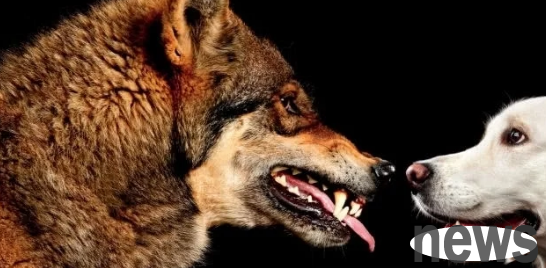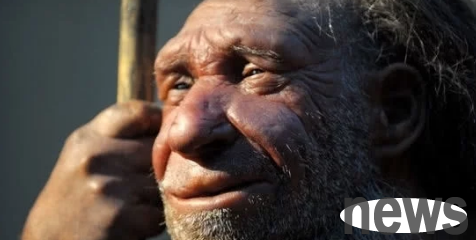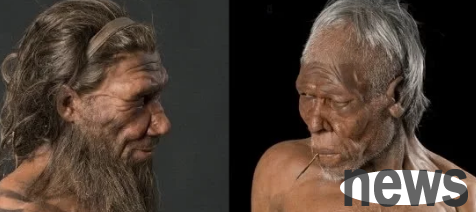Before humans domesticated dogs, cats, sheep, and cattle, we may have domesticated ourselves first.
It sounds incredible, but a new study suggests that modern humans began domesticating themselves after splitting off from their extinct relatives, the Neanderthals and Denisovans, about 600,000 years ago.
After self-domestication, we are now so different from our primate ancestors, with larger brains, smaller skulls, less obvious brow bones, friendlier personalities, and better ability to complete social tasks.

Dogs are the best domesticated work of mankind.
Its ancestors were aggressive and unfriendly wolves. After domestication by humans, they were eventually bred into more friendly and less aggressive pet dogs. Their appearance also changed, with smaller teeth and skulls, floppier ears, and shorter and curly tails. All changes were made to please humans and are also the result of domestication through personalized breeding.
The results of domestication will eventually be manifested in a set of genetic changes.
Scientists believe that the huge difference in dog performance before and after domestication is related to the neural crest stem cells in the animals, and this cell is regulated by the BAZ1B gene, which plays an important role in coordinating the movement of neural crest cells.

Does the discovery of similar genes in humans mean that we, like pets, have gone through the process of domestication?
Giuseppe Testa, a molecular biologist at the University of Milan in Italy, and his research team discovered that the BAZ1B gene is related to facial brain development.
Researchers believe that most people have this gene, but it is missing in patients with Williams-Buren syndrome, causing symptoms such as cognitive impairment and smaller skulls. Therefore, they believe that this gene is an important driver of facial features.

The researchers also looked at genes in modern humans, two Neanderthals, and a Denisovan and found that
in modern humans, these genes accumulated a large number of self-regulatory mutations, suggesting that natural selection shaped them.
Such genes have also been selected in other domestic animals, which also shows that modern humans have also experienced the process of domestication, and the domesticated people are humans themselves.
Finally
As for why humans were first domesticated, it is still unclear and there are many hypotheses.
Some scientists believe that at first people fought alone, but when early humans formed cooperative societies, there was evolutionary pressure on those who were aggressive.
Genes make the most positive choices, and humans are the only species that can do this.